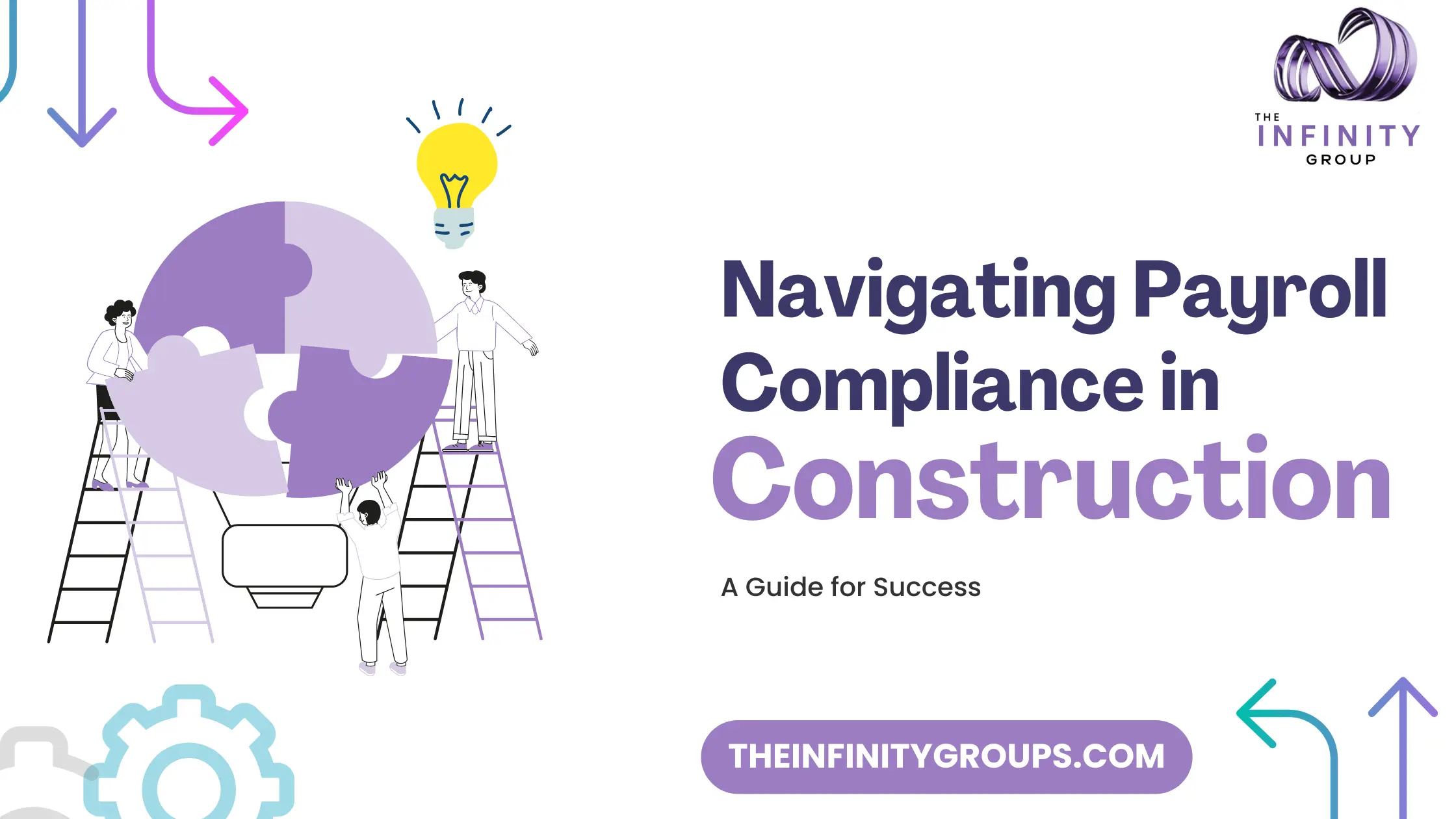In the realm of construction, payroll compliance stands as a cornerstone for operational success and legal adherence. Failing to meet these obligations can result in substantial penalties and legal complications. This article offers insights into the critical aspects of payroll compliance in construction, shedding light on its significance, common challenges, and key requirements.
Understanding Payroll Compliance in Construction
Payroll compliance in construction extends beyond mere salary disbursement. It encompasses meticulous record-keeping and rate worker classification. The construction industry’s dynamic nature requires businesses to maintain transparency, fostering trust and professionalism among employees.
Importance of Payroll Compliance in Construction
Apart from legal obligations, payroll compliance plays a pivotal role in establishing trust, maintaining financial stability, and averting legal pitfalls. Compliance ensures fair compensation, safeguards a company’s reputation, and demonstrates a commitment to ethical business practices.
Common Challenges in Payroll Compliance for Construction Companies
The complex composition of the construction workforce, coupled with diverse federal, state, and local regulations, poses challenges. Accurate worker classification, compliance with prevailing wage laws, and managing payroll across projects are among the industry-specific hurdles.
Key Payroll Compliance Requirements for Construction Companies
Employee Classification: Properly classifying workers as employees or independent contractors is crucial to prevent tax penalties and legal disputes.
Prevailing Wage Laws and Davis-Bacon Act: Compliance with prevailing wage rates, as dictated by the Davis-Bacon Act, is essential for federal projects.
Ensuring Accurate Timekeeping and Recordkeeping
Accurate timekeeping is pivotal for fair compensation, project tracking, and budget management. Best practises include implementing designated timekeeping systems and utilising technology for automated solutions. Comprehensive recordkeeping is vital for compliance and serves as evidence during audits and disputes.
Compliance with Tax and Regulations
Construction companies must fulfil tax obligations, including CIS taxes and income withholding. Compliance with reporting and withholding requirements, coupled with adherence to subcontractor laws, ensures transparency and legal conformity.
Conclusion
Meeting payroll compliance requirements in construction demands ongoing education, adaptability to changing regulations, and meticulous recordkeeping. By prioritising compliance, construction companies can navigate the intricate landscape of payroll regulations, safeguard their business, and cultivate a fair and productive work environment.
Choose the Infinity Group as your trusted CIS payroll service provider to navigate the complexities of payroll compliance seamlessly. Our commitment to accuracy, ethical practises, and extensive industry expertise ensures your business is safeguarded and thriving in a compliant, transparent, and efficient payroll environment.
Navigating Payroll Compliance in Construction: A Guide for Success

